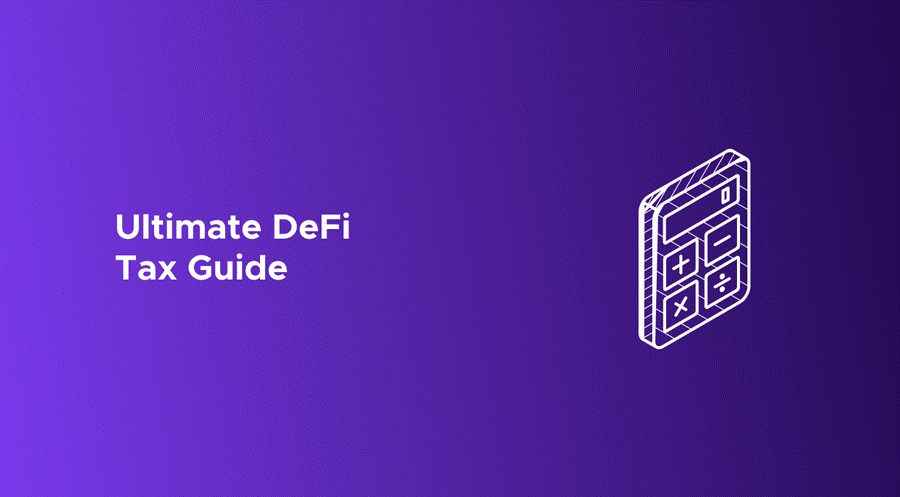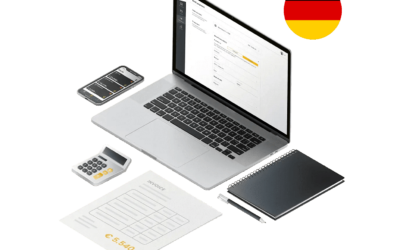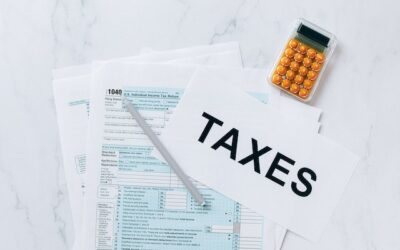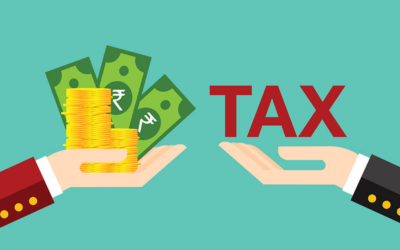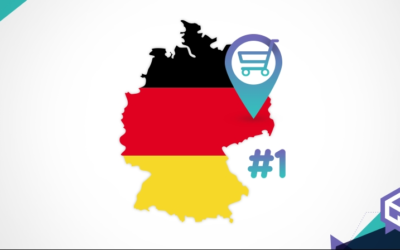Taxation of cryptocurrencies in Germany
Any cryptocurrency profit is subject to personal income tax at 42%, which is fairly high. Even in neighboring Austria, it is lower—only 27.5%.
One could conclude that there is no loyalty towards the crypto market in Germany.
But, as they say, there are nuances.
There are exceptions to every rule. And there are many such exceptions for crypto income:
| Long-term investors and holders do not have to pay taxes if the holding period of assets exceeds 12 months. |
This means that if you store cryptocurrencies for a year or more after purchase, they can be sold later without contributing to the state budget. |
| Non-taxable minimum. |
Profit from the sale of cryptocurrencies is not taxed if its value does not exceed €600 per year. This applies to each asset class separately (NFTs, stablecoins, tokens, coins). |
| Employers can pay 25% of salaries in cryptocurrency. |
Most often, such payments are made using stablecoins. The rule does not apply to the non-taxable minimum, which from 1 July 2023 is €1,402. This part of the salary must be paid in fiat. Part of the salary paid in crypto is subject to the holder rule. If you use it for long-term investments (for example, in BTC), then it is not subject to taxation. |
| Reduction of total annual income due to crypto losses. |
Losses from trading or exchange can reduce the annual income from any business activity. Losses from last year can be carried forward to the current year. |
| Mining taxes. |
Income from mining cryptocurrencies is not subject to tax if it does not exceed €256 per year, and expenses incurred in connection with mining can be considered in the general return as operating expenses. |
| There are no rules governing profits from drops yet. |
Since the user did not purchase tokens, there is no purchasing process. Such income is regarded as a “chance find,” and the income tax law does not apply. The same applies to the donation procedure. |
| Selling NFTs artists create is defined as a small business creative process. |
Hobbies and creativity are considered activities to which income tax does not apply. An NFT creator who earned less than €22,000 in the previous year and no more than €50,000 in the current year does not pay taxes. |
To further minimize budget allocations, traders use the FIFO method based on the principle of “last received, last sold.” In this case, stock speculators consider the timing of the asset’s arrival on the balance sheet and convert it into fiat only after 365 days. The same applies to stakes to mine. They sell those coins (tokens) they received due to mining (blocking) a year ago.
The main rule for the taxation of cryptocurrencies using a calculator in Germany is that obligations do not arise until the digital asset is converted into fiat. If the sale occurs one year after receipt, no tax is paid.

